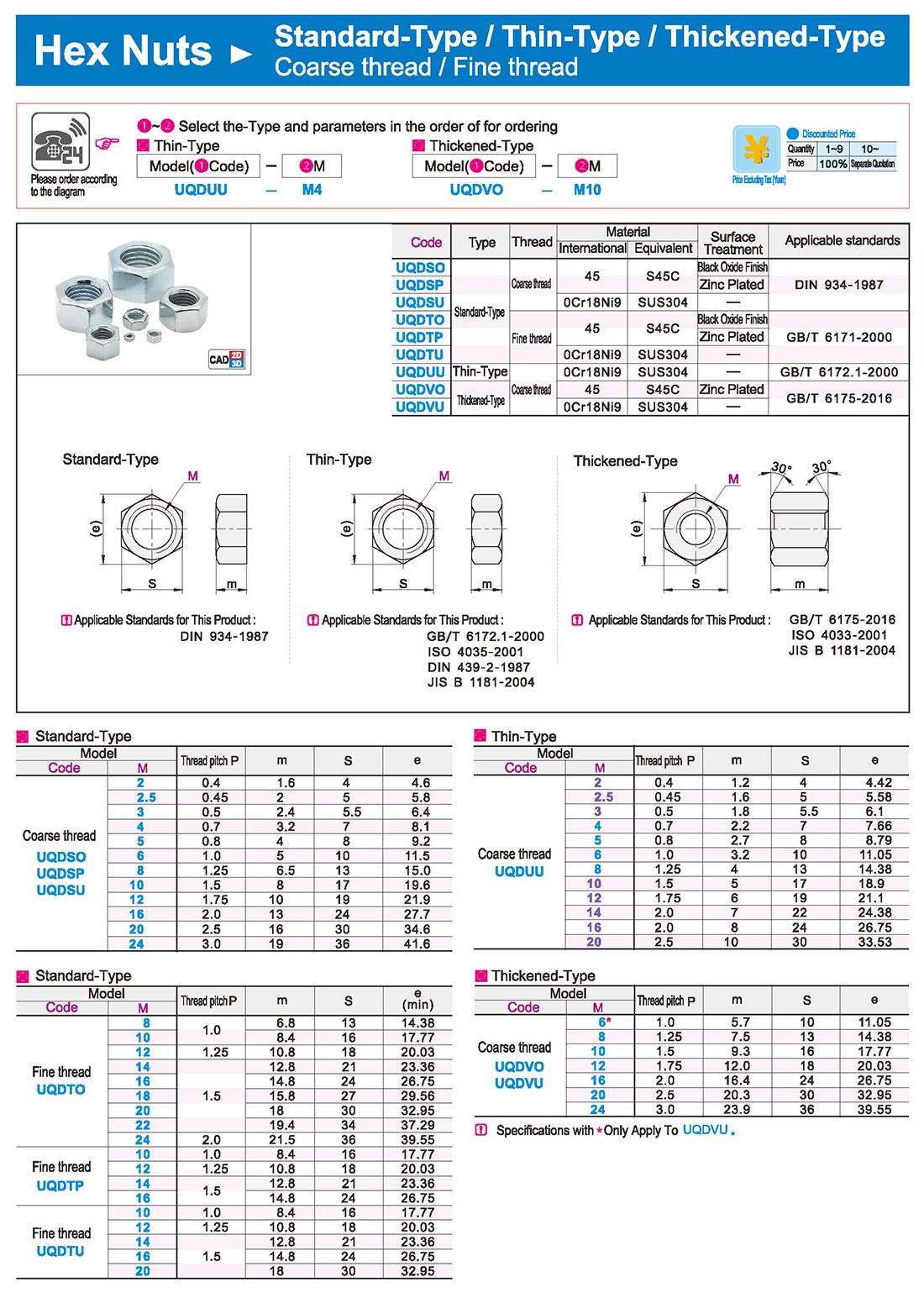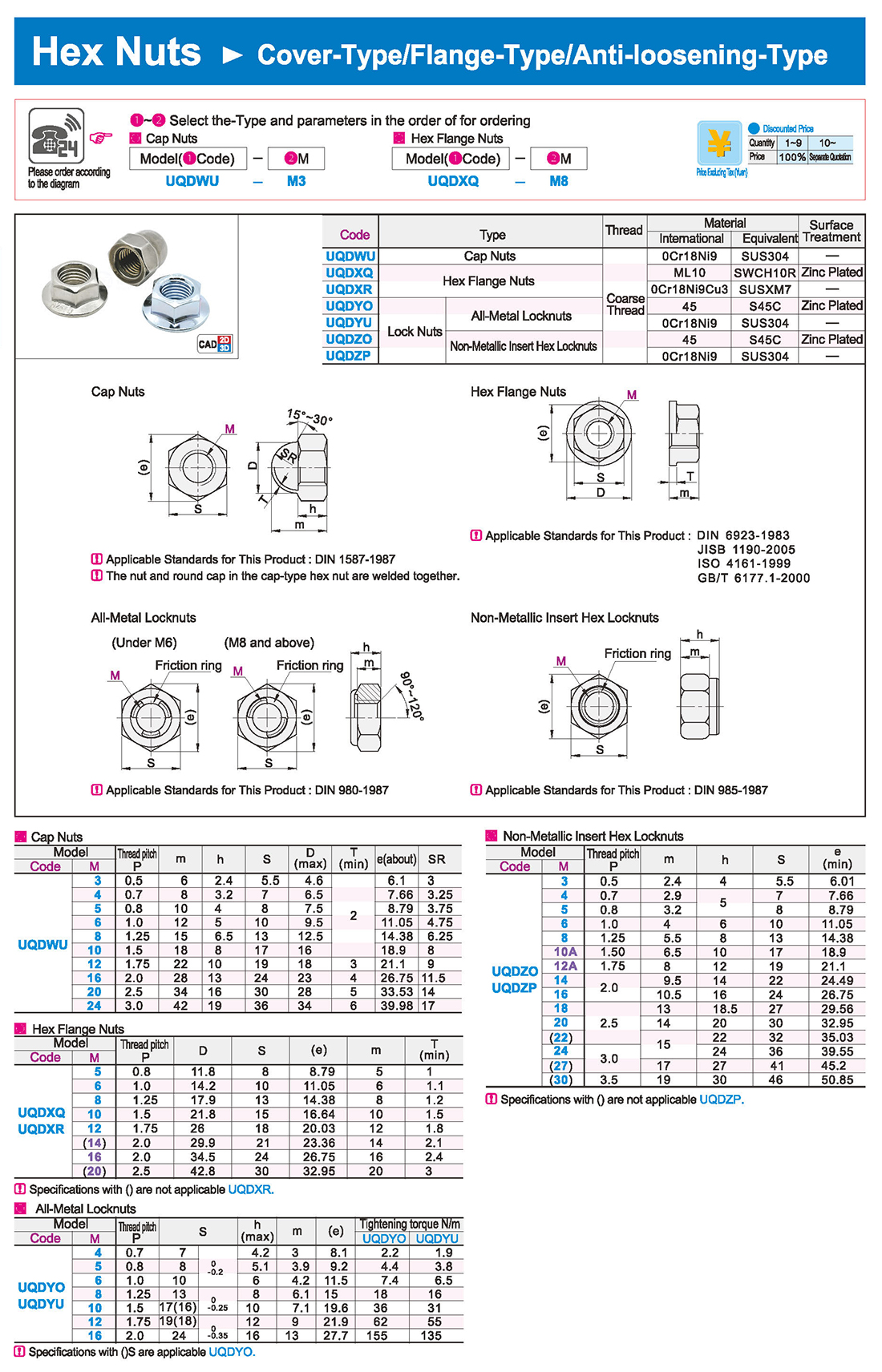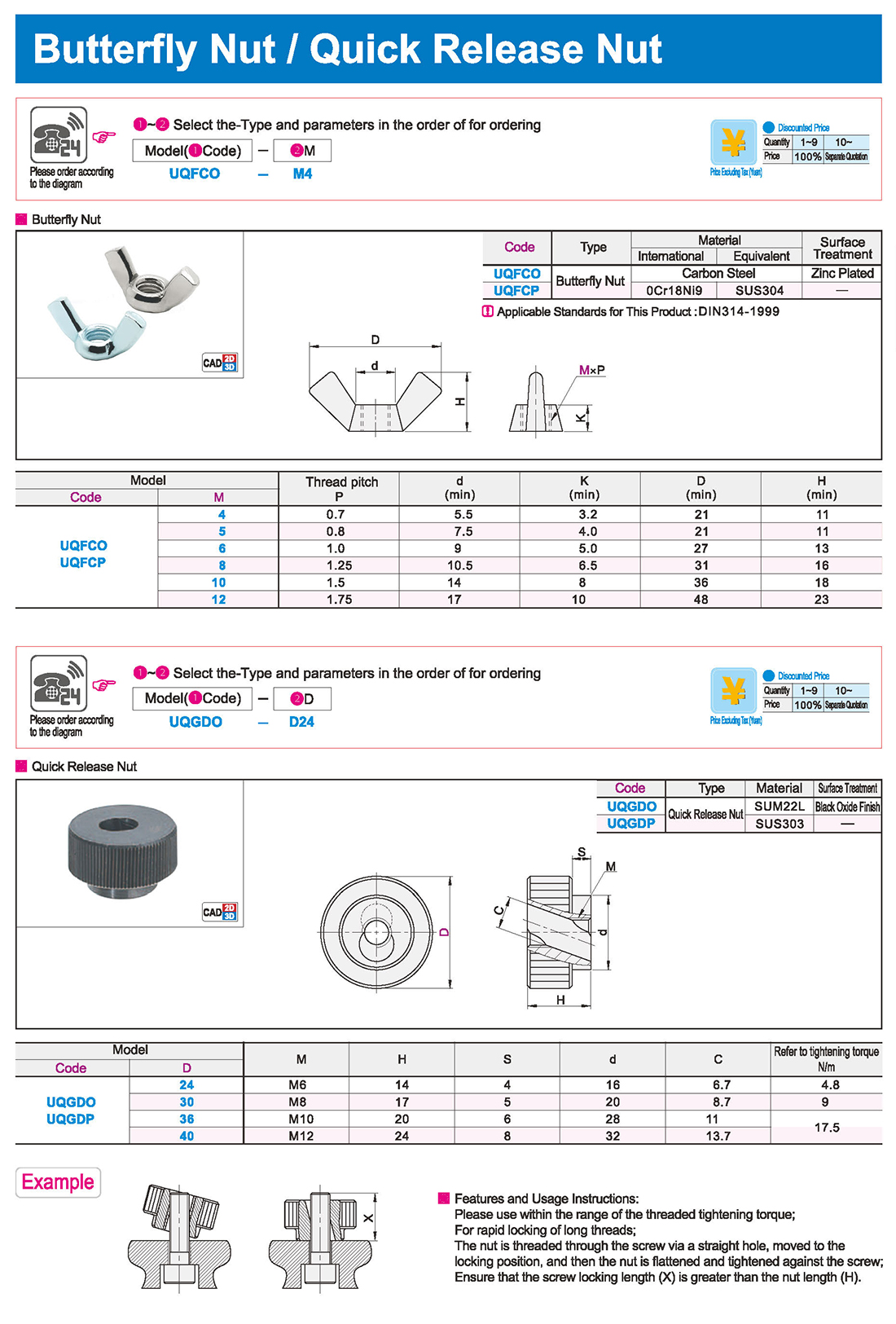1. Diversity: There are many types of nuts, such as ordinary nuts, lock nuts (including all-metal lock nuts and non-metal insert lock nuts, etc.), cassette nuts, butterfly nuts, etc. Each type of nut has its specific application scenarios and advantages.
2. Standardization: The specifications and dimensions of nuts usually follow international or industry standards to ensure that they can be used interchangeably with bolts produced by different manufacturers. This helps simplify the design, production and maintenance processes.
3. High strength: Nuts are usually made of high-strength materials, such as stainless steel, alloy steel, etc., to ensure that they can maintain a stable connection when subjected to heavy loads or vibration
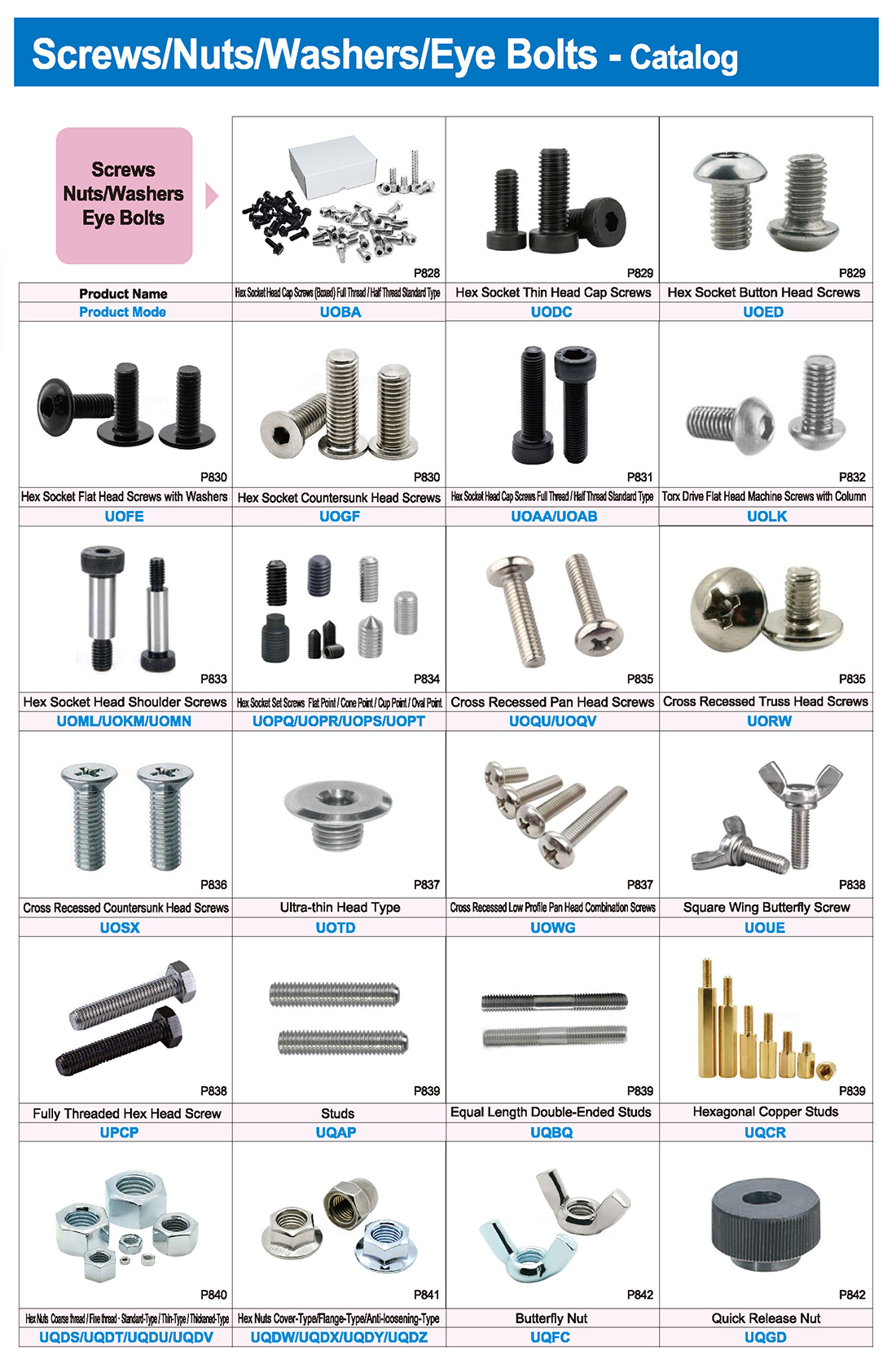
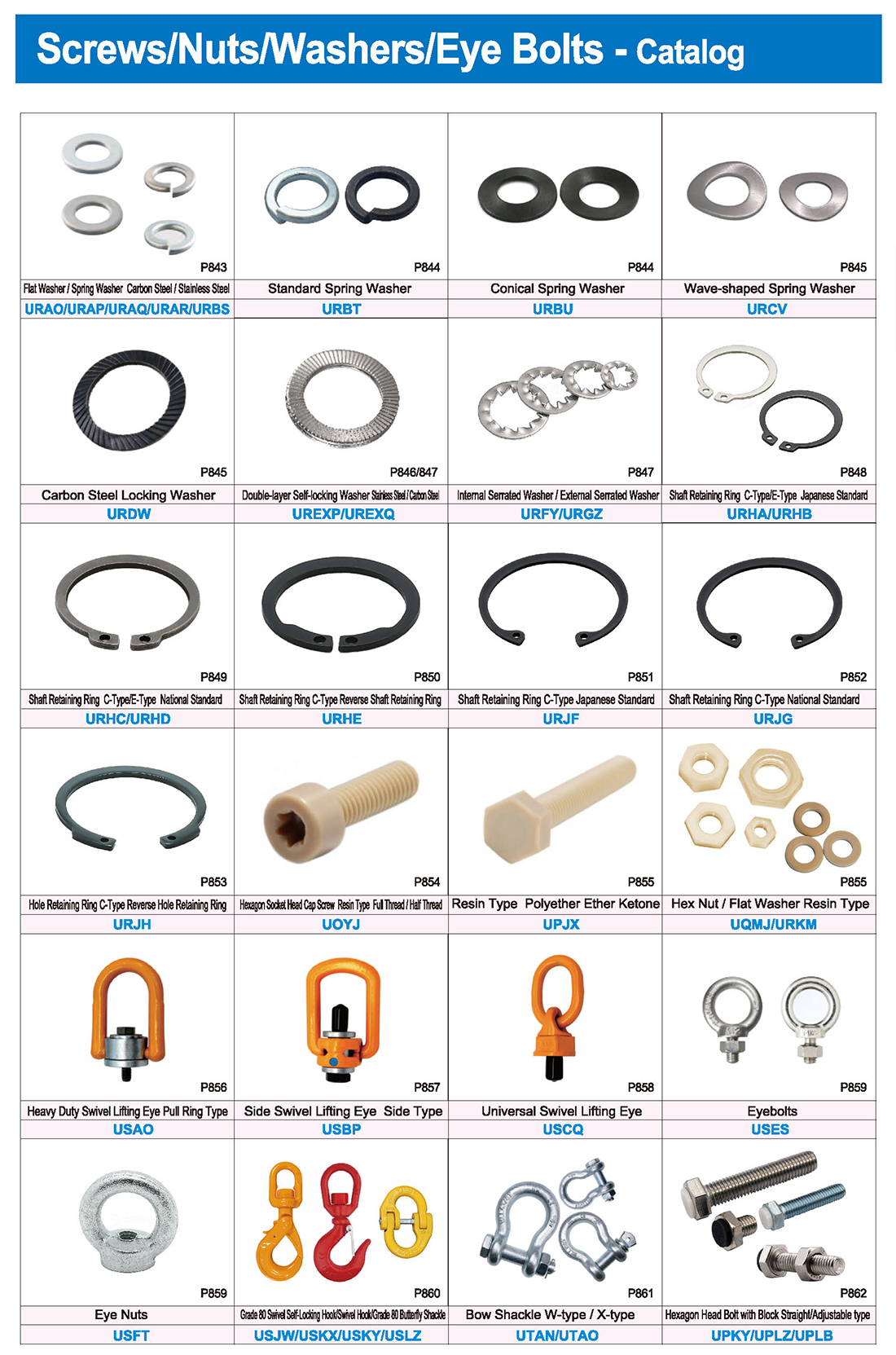
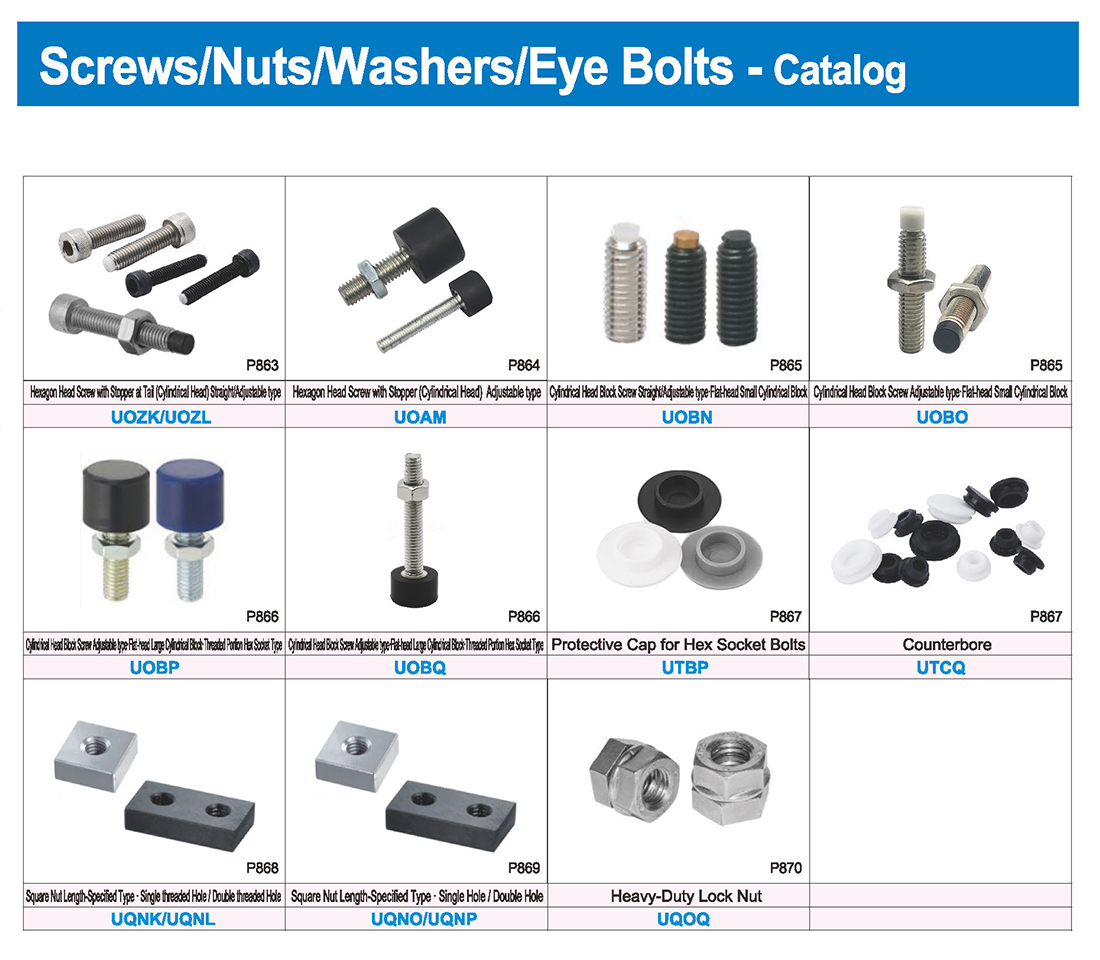


 English
English Russian
Russian Spanish
Spanish Italian
Italian Arabic
Arabic Korean
Korean German
German Japanese
Japanese Vietnamese
Vietnamese Turkish
Turkish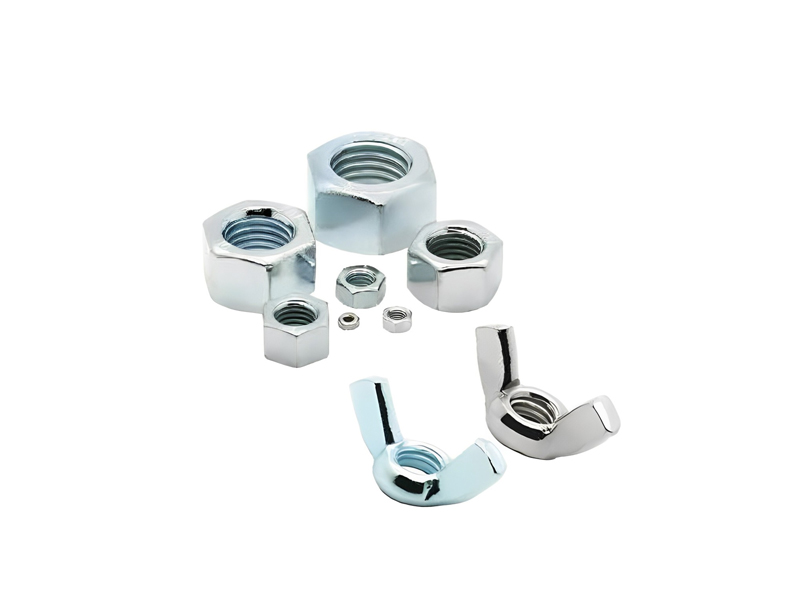
 Introduction
Introduction Specification Table
Specification Table Download
Download


